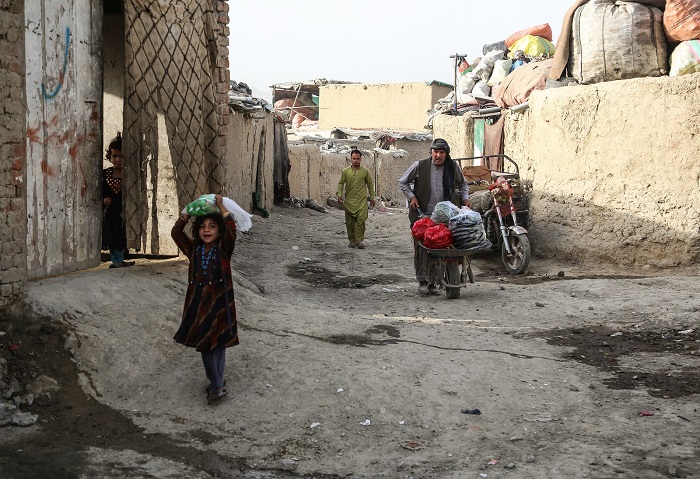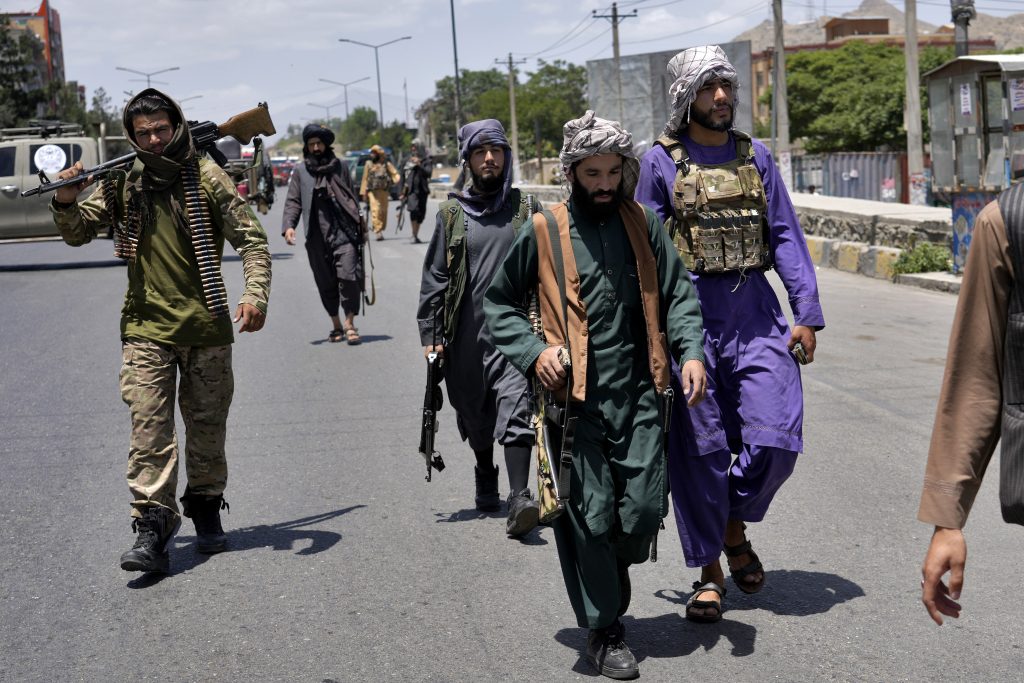world news online news
Almost 60 percent of Afghanistan’s journalists have lost their jobs or fled the country since the Taliban takeover a year ago, according to a survey published Friday by Reporters Without Borders. online news
The France-based NGO said 219 of the country’s 547 media organisations had ceased operations since the Taliban took power on August 15, 2021.
Women journalists have been most impacted, with 76 percent losing their jobs.
“Journalism has been decimated during the past year in Afghanistan,” RSF secretary-general Christophe Deloire said in a statement.
“The authorities must undertake to end the violence and harassment inflicted on media workers, and must allow them to do their job unmolested.”
The survey found that only 656 women journalists were still working, the vast majority in Kabul, down from 2,756 a year ago.

Accusations of immorality were frequently used to remove them from their posts.
“The living and working conditions of women journalists in Afghanistan have always been difficult, but today we are experiencing an unprecedented situation,” Kabul-based journalist Meena Habib told RSF.
“They work in conditions that are physically and mentally violent and tiring, without any protection.”
Some media outlets have been forced to shut by rules against broadcasting music and other content, while others have been unable to continue without international funding.
A decree issued by Taliban supreme leader Mullah Haibatullah Akhundzada last month warned against “defaming and criticising government officials without proof”.
It was the latest in a series of measures aimed at curbing press freedoms.
At least 80 journalists have been detained for varying periods by security forces in the past year, with three currently imprisoned, RSF said.
The NGO ranked Afghanistan at 156 out of 179 countries in its press freedom index for 2022.
er/kjm
© Agence France-Presse. All rights are reserved.
world news online news
Notes from APS Radio News
The “Cost of War”, a project affiliated with Brown University, has itemized the costs associated with the wars in Iraq and in Afghanistan:
Over 801,000 people have died in the post-9/11 wars due to direct war violence, and several times as many due to the reverberating effects of war
Over 335,000 civilians have been killed as a result of the fighting
37 million — the number of war refugees and displaced persons
The US federal price tag for the post-9/11 wars is over $6.4 trillion
The US government is conducting counterterror activities in 85 countries
The wars have been accompanied by violations of human rights and civil liberties, in the US and abroad.
In addition, the website makes mention of this fact: Since the commencement of these wars, there have been 30,177 suicides of veterans of these wars.
According to a number of economists, the expenditure of vast sums of money—trillions of dollars—on these wars has reduced substantially the purchasing power of the dollar.
Observers have called inflation a “hidden tax”.
During the 1990’s the Clinton administration gave tacit if not explicit support to the Taliban government that took over the country during that time after over a decade of US and Soviet interventions in Afghanistan in the 1980’s.
During the late 1970’s then National Security Advisor Zbigniew Brzezinski oversaw surrpetitious intervention, which, in its turn, caused the secular government in Afghanistan to petition the Soviet Union to intervene.
According to the author Jean-Charles Brisard, in the summer of 2001, representatives of the Bush Administration and those of Unocal held a series of meetings with representatives of the Taliban government, for the purpose of obtaining rights of way for the emplacement & construction of a massive pipeline.
When the negotiations came to grief, Bush representatives threatened the Taliban with attacks against the country, Mr. Brisard described in his book, “Jean-Charles Brisard”.
Following the commencement of Soviet and US intervention in Afghanistan in the 1980’s, the country devloved into spheres of influnece dominated by various warlords.
The Pashtuns are the largest ethnic group in Afghanistan; they form a substantial precentage of the population on both sides of Afghanistan’s border with Pakistan.
The Taliban are comprised of members of the Pashtuns, which are the largest ethnic group in Afghanistan.
During the 1960’s and 1970’s, compared to the the 1990’s and beyond, Afghanistan had governments that were deemed more secular.
During that time women attended schools and were more likely to wear Western type clothing.
As a result of actions and policies implemented National Security advisor, Zbigniew Brzezinski, during the Carter administration, the government in Afghanistan in the late 1970’s requested Soviet assistance.
After the Soviet armed forces had entered Afghanistan, the CIA funded and armed groups like the Mujahideen and other militant Islamists.
world news online news


